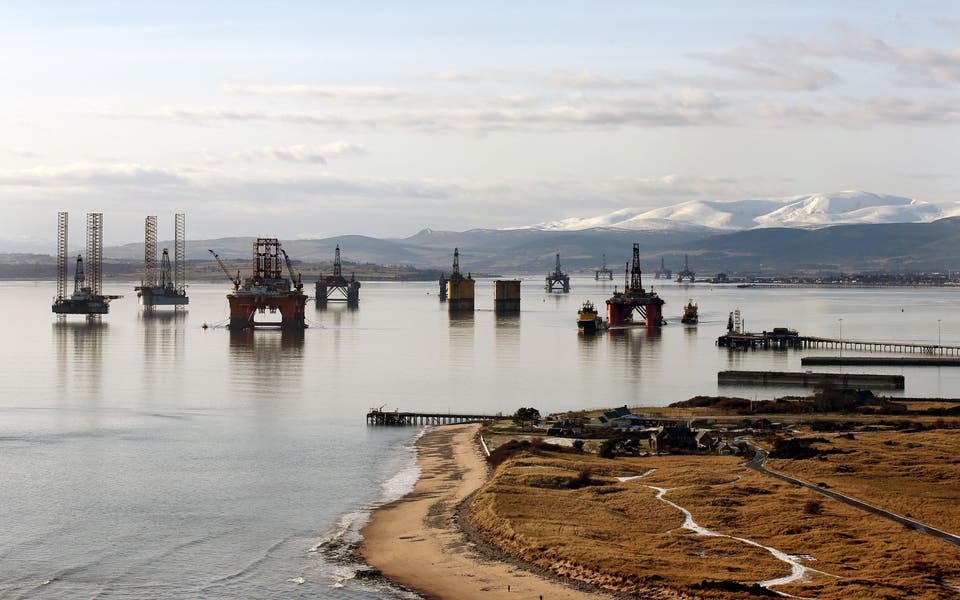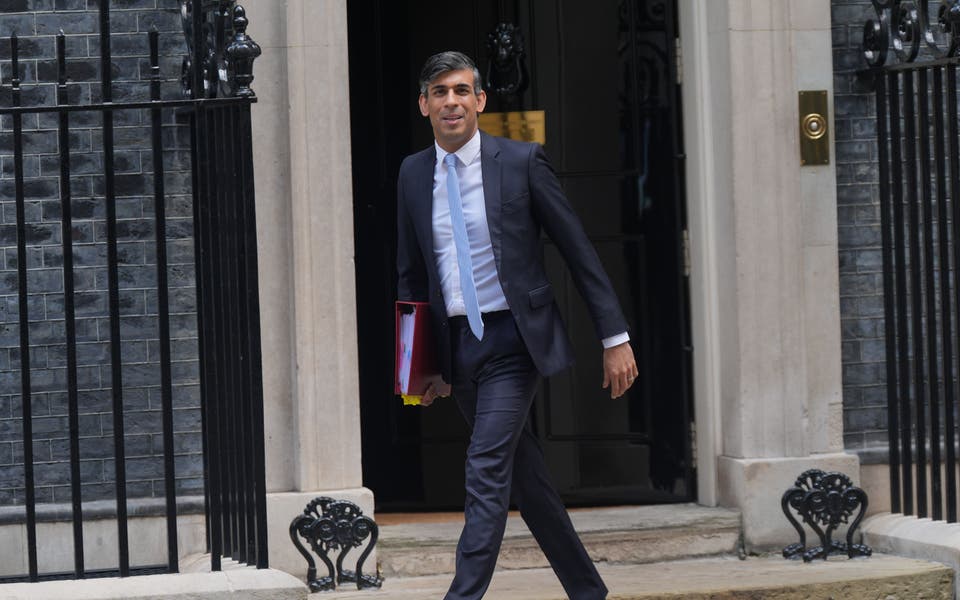The UK needs an energy transition not an energy cliff-edge
In the 1970s, the American economist Arthur Laffer described how higher taxes can end up creating the opposite outcome to that intended – instead of increasing government tax revenue, it ends up reducing tax revenue, because higher taxes reduce the incentive to work, spend and invest.
This apparent paradox is exactly where the Labour tax policy is when it comes to the UK’s energy sector. There are also striking parallels with Laffer’s theory when it comes to carbon emissions- that this policy, which also aims to reduce the UK’s carbon emissions, will end up increasing them.
The UK’s oil and gas industry should – and has – been paying significantly more tax during the period of higher commodity prices after Russia’s invasion of Ukraine. It has paid £15 billion in tax over the last two years alone- a quarter of the annual education budget.
However, policy proposals from the Labour Party, which would raise tax take per barrel by another 40%, would destroy the economics of investment in the UK’s own energy resources, especially with energy prices now back to where they were before the 2022 energy crisis.
Our analysis indicates that these even higher taxes will not generate increased tax revenue, but in fact reduce it by £20 billion over the remaining life of the UK North Sea – Arthur Laffer’s paradox in real life.
Alongside this loss of tax revenue is the loss of thousands of jobs, the loss of skills that are vital for the energy transition, and loss of energy security for the UK.
While these higher taxes (largely from abolishing investment allowances that mean, as in other countries like Norway, investments can be offset against tax) would raise tax revenues in the short term, by 2030 these higher taxes will generate less tax than the current windfall tax would, with UK energy production likely falling 50% by the end of the decade- there will be many fewer barrels to tax.
This particularly matters for the UK’s gas supply and its carbon emissions. It was only two years ago that the threat of disruption to supplies sent gas prices rocketing. Yet these proposals for higher taxes would mean the UK’s own gas production falling by 70% by 2030. It would also leave the UK importing more than 80% of its gas needs from other energy producers by then. In an uncertain world, even-higher taxes on the UK’s energy industry become a tax not just on jobs, but on certainty.
A policy of increased taxes on domestic energy production has superficial appeal because the UK’s own carbon emissions will fall as North Sea production declines- but it’s not Westminster warming, it’s global warming. Lower UK gas production doesn’t mean the UK uses less gas- the largest use of gas in the UK is still for heating and cooking in our homes. Therefore, if the UK is forced to import more gas from higher carbon-intensity gas producers, it will mean higher emissions- just outside of the UK. The statistics are stark- the emissions intensity of imported gas is three times that of the UK’s own gas production, and four times that of LNG imported from the US. This is not the way for the UK to reach net zero.
Read More
Energy, like every long-term investment, needs stability and predictability. Labour’s proposal for even higher taxes in the North Sea risks delivering quite the opposite. What the UK needs is not more of the approach that has dragged this country down over the last two decades, being run by the short term for the short term, but a multi-decade approach to a multi-decade problem like climate change and the UK’s ambition for net zero. It is called the ‘energy transition’, not the ‘energy cliff-edge’ for good reason.
Missing the paradox hiding in these superficially attractive proposals for higher windfall taxes will end up costing the UK, through lost tax revenues, lost jobs, lost skills, worse energy security and higher carbon emissions. If you will excuse a pun about such a serious issue, none of that is a Laffing matter.
Chris Wheaton is Managing Director in the Energy & Energy Transition Equity Research team at Stifel



